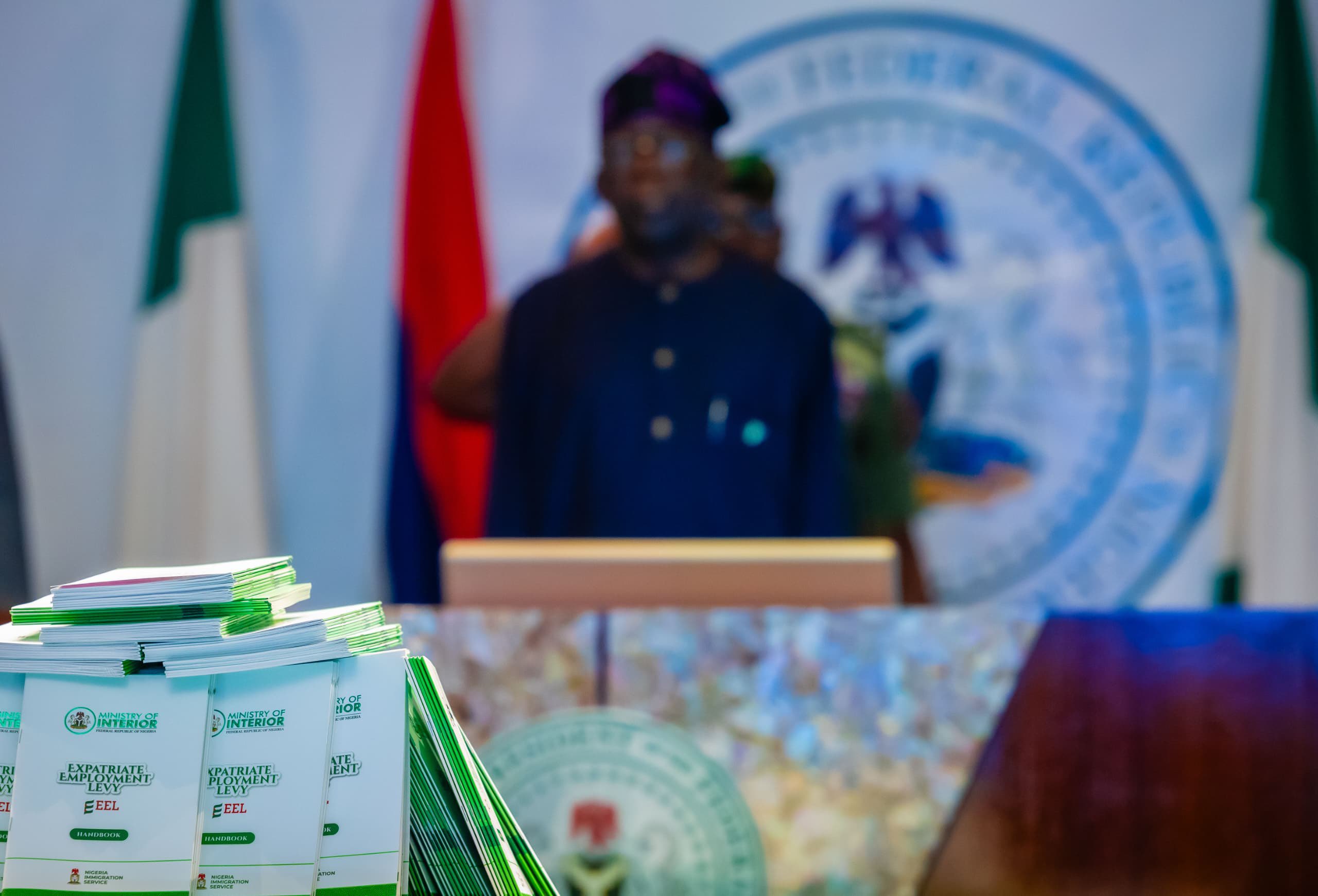Why EEL may be counterproductive-Expert

By Temitope Adebayo
As stakeholders rise in support of the introduction of the Expatriate Employment Levy (EEL), the Chief Executive of the Center for the Promotion of Private Enterprise (CPPE), Dr Muda Yusuf has said, the levy may be counter-productive in the long term.
The federal government had, last week, announced the take off of the EEL as part of the measures to revitalise the economy and ensure wage parity between Nigerian employees and their expatriate counterparts.
Reacting to the measure, Yusuf noted that the timeline for implementation was too short, saying that placing a hefty levy on companies employing expatriates will further deter foreign direct investors from investing in the country.
With the new levy of $10,000 for staff and $15,000 for directors, translating to N15 million and N22.5 million respectively, he said, “The country needs more direct investors than portfolio investors at this time. But ironically, both foreign direct investors and domestic direct investors would be more negatively impacted than portfolio investors.
READ ALSO: Ondo: Group flays removal of Head of Service
“The economy needs more investors in the real economy – oil and gas, manufacturing, infrastructure, mining, ICT, healthcare – all of which require varying skills and competencies. The truth is that major FDIs will typically come with some critical staff to oversee their investments. It is imperative to give some consideration to this class of investors, given the scale of their investments which could be in billions of dollars.
“The timeline for compliance is too short. The policy gave barely four weeks for companies to comply. For such a major policy shift, companies need to be given a minimum of six months. It is only fair and just to do so. This would be very disruptive for their businesses, plans and projections.
“Some of the companies affected are major investors that have billions of dollars and have been in Nigeria for decades. This administration, being an investment-friendly regime, should give companies more time.”
Dr Yusuf stressed that the challenge of influx of foreigners, especially, the unskilled ones, is more pronounced in some sectors than others, suggesting that the policy should be targeted at the more vulnerable sectors.
He also noted that the policy poses serious implications for diaspora Nigerians. “The policy may trigger reciprocal actions from other countries and this may affect Nigerians in diaspora. There are currently over 17 million Nigerians in various countries around the world doing extremely well in the fields of education, medicine, health, sports, media & entertainment, leadership & politics, finance, science & ICT, transportation, tourism, industry and agribusiness.
“This is a pool of very valuable external sector assets for us as a country. We have the largest diaspora population in Africa. We also have the highest diaspora remittances on the continent, generally over $20 billion. All of these could be at risk as a result of this policy. If the reciprocity policy is activated in any of their host countries, the effect on our diaspora citizens will be very devastating,” he pointed out.







